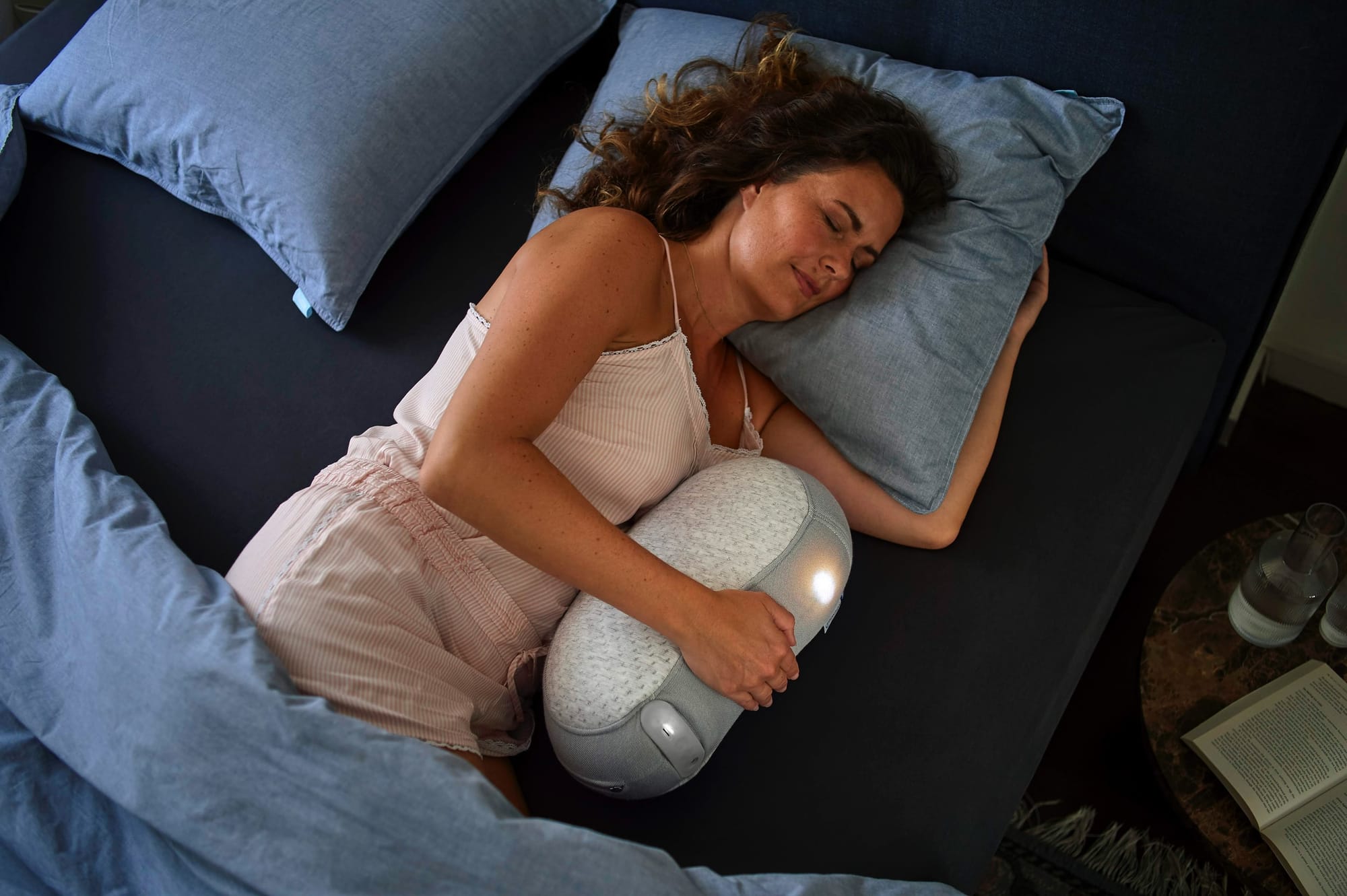10 pasos para un sueño tranquilo y reparador

Here are 10 steps you can follow to achieve a peaceful and restful sleep:
1. Establish a consistent sleep schedule: Try to go to bed and wake up at the same time every day, even on weekends. This helps regulate your body's internal clock.
2. Create a relaxing bedtime routine: Engage in activities that help you unwind and signal to your body that it's time to sleep. This could include reading a book, taking a warm bath, or practicing relaxation techniques like deep breathing or meditation.
3. Create a sleep-friendly environment: Make sure your bedroom is cool, dark, and quiet. Consider using earplugs, an eye mask, or white noise machines to block out any disturbances.

4. Limit exposure to electronic devices: The blue light emitted by smartphones, tablets, and computers can interfere with your sleep. Avoid using electronic devices at least an hour before bedtime.
5. Avoid stimulants: Limit your consumption of caffeine, nicotine, and alcohol, especially in the evening. These substances can disrupt your sleep patterns and make it harder to fall asleep.
6. Exercise regularly: Engaging in regular physical activity during the day can help promote better sleep at night. However, avoid exercising too close to bedtime, as it can increase alertness and make it harder to fall asleep.

7. Create a comfortable sleep environment: Invest in a good quality mattress, pillows, and bedding that suit your preferences. A comfortable sleep environment can significantly improve the quality of your sleep.
8. Manage stress: Find healthy ways to manage stress and anxiety, as they can interfere with your ability to fall asleep. Consider practicing relaxation techniques, such as yoga or mindfulness meditation, to help calm your mind before bed.
9. Avoid heavy meals before bedtime: Eating a large meal close to bedtime can cause discomfort and indigestion, making it harder to sleep. Try to have your last meal at least a few hours before bed, and opt for lighter, sleep-friendly snacks if needed.

10. Avoid napping late in the day: If you're having trouble sleeping at night, avoid taking long naps or napping too close to bedtime. If you need to nap, keep it short (around 20-30 minutes) and try to do it earlier in the day.
Remember, everyone's sleep needs are different, so it's important to find what works best for you.
If you continue to struggle with sleep, it may be helpful to consult a healthcare professional for further guidance.
thanks
by
Hoda
Comentarios